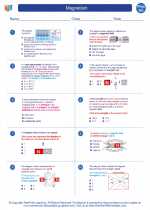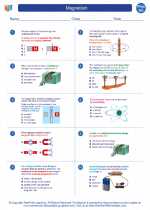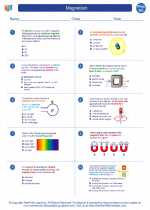Center in Physics
In physics, the term "center" can refer to several different concepts, depending on the context. Here are some of the key concepts related to "center" in physics:
Center of Mass
The center of mass of an object is the point at which all of the object's mass can be considered to be concentrated. For a uniform object, the center of mass is located at the geometric center of the object. However, for non-uniform objects, the center of mass may be located at a different point, depending on the distribution of mass within the object.
Center of Gravity
The center of gravity is similar to the center of mass, but specifically refers to the point through which the force of gravity acts on an object. For most purposes on Earth's surface, the center of gravity is very close to the center of mass, but in the context of space or other gravitational fields, the center of gravity may be at a different location.
Center of Rotation
When an object is rotating, the center of rotation is the point around which the object is turning. In the case of a rigid body, the center of rotation may not necessarily be located within the object itself, but may be an external point around which the object is rotating.
Study Guide
To understand the concept of "center" in physics, it's important to grasp the following key points:
- Understand the difference between center of mass and center of gravity, and be able to calculate these points for simple geometric shapes.
- Recognize the relationship between the center of mass and stability of an object. An object is stable if its center of mass is located directly above its base of support.
- Be able to identify the center of rotation in different systems, such as a rotating wheel, a spinning top, or a pendulum.
- Understand how the concept of "center" applies to specific physics problems, such as rotational motion, equilibrium, and gravitational interactions.
Exploring these concepts through problem-solving and hands-on demonstrations can help solidify your understanding of the role of "center" in physics.
.


